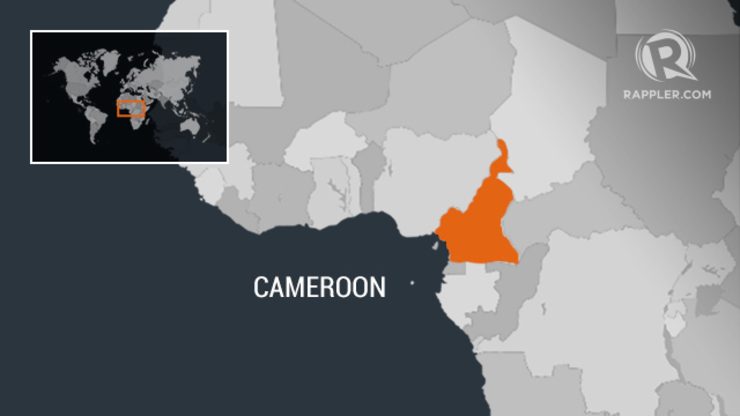SUMMARY
This is AI generated summarization, which may have errors. For context, always refer to the full article.

DOUALA, Cameroon – A 3-month internet blackout caused by sharp tension in Cameroon’s English-speaking regions – a holdover from colonial times – is hurting burgeoning startups in Africa’s “Silicon Mountain”.
“Money is being lost, some of us can’t work with foreign clients because of the cut in internet service… It’s disruptive to everyone,” said Churchill Mambe, owner of Njorku, an employment and hotel services company recently listed among the top 20 African startups by Forbes Magazine.
Churchill even had to move offices 50 kilometers (over 30 miles) down the coast towards Bonako, in a neighboring region, to access the internet.
Cameroon’s 4 internet providers, which include France’s Orange and South African-owned MTN, told clients in January that internet services were no longer available due to “reasons outside of (our) control”.
Tensions had erupted last November between President Paul Biya’s government and the English-speaking minority in the northwest and southwest regions when a group of language-frustrated professors and lawyers demanded the return to a federalist system or even the creation of a separate state.
In January, the group, backed by students, called for protests in the regions, bringing several cities to a standstill.
Some members of the English-speaking opposition were arrested and face charges at a military court.
English-speakers, who have long complained of discrimination, account for around a fifth of the majority French-speaking population of nearly 23 million people, a legacy of the unification in 1961 of two colonial-era entities run by France and Britain.
‘Unpleasant situations’
Free speech activists launched a campaign on behalf of the regions under the hashtag #Bringbackourinternet which was supported by US fugitive whistleblower Edward Snowden who tweeted in January: “This is the future of repression.”
At the end of last month, authorities partly acknowledged responsibility for the blackout:
“There are unpleasant situations for which some decisions have been made,” said Telecommunications Minister Minette Libom Li Likeng, according to reports in the local press, adding that internet service would soon be available everywhere.
But patience is wearing thin among entrepreneurs based in the two regions bordering Nigeria, now termed “Silicon Mountain” because of proximity to Mount Cameroon and a large number of startups.
Before internet service was cut off, around five new startups were cropping up each month in Buea, the coastal capital of the southwest region.
‘Leave internet up’
But now long drives to find internet access are eating into work time, said Ashley Difo, a digital entrepreneur:
“It’s not easy. We don’t have enough time to work.”
Difo’s colleague Valery Colonge suggested authorities cut access to social networks, Facebook and Twitter to ensure security and stem the exchange of information but “leave internet up so we can work”.
The internet blackout has cost Cameroon’s economy nearly three million euros, and constitutes a violation by the government of freedom of expression, said French NGO Internet Without Borders, in a letter published in the French newspaper Le Monde.
The non-governmental organization said it has seen a rise in the use of internet blackouts by governments in French-speaking Africa as a means to stifle opposition since 2015. – Rappler.com
Add a comment
How does this make you feel?





There are no comments yet. Add your comment to start the conversation.